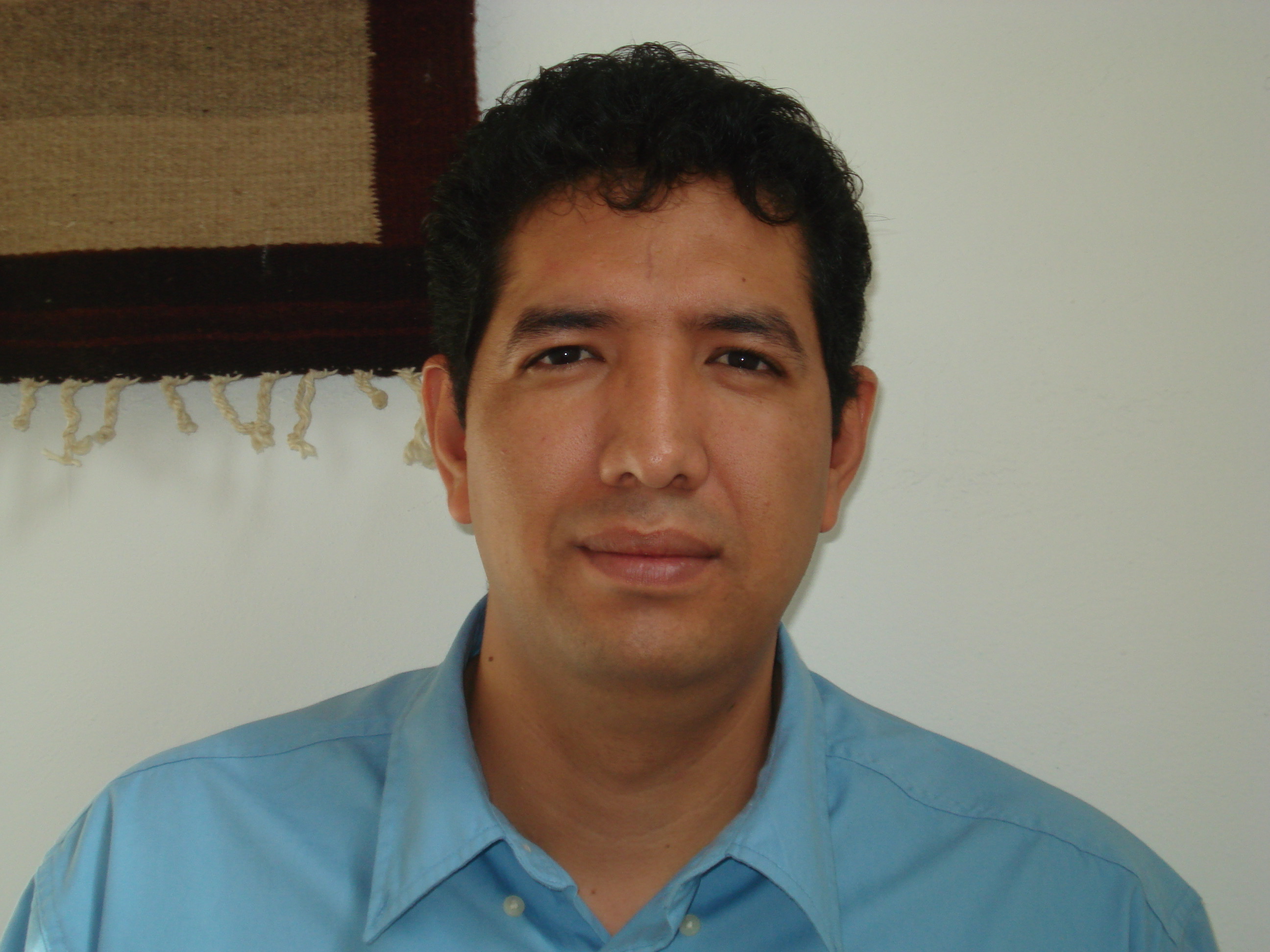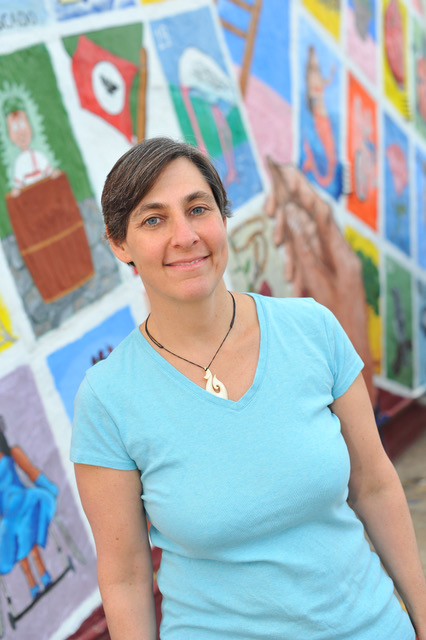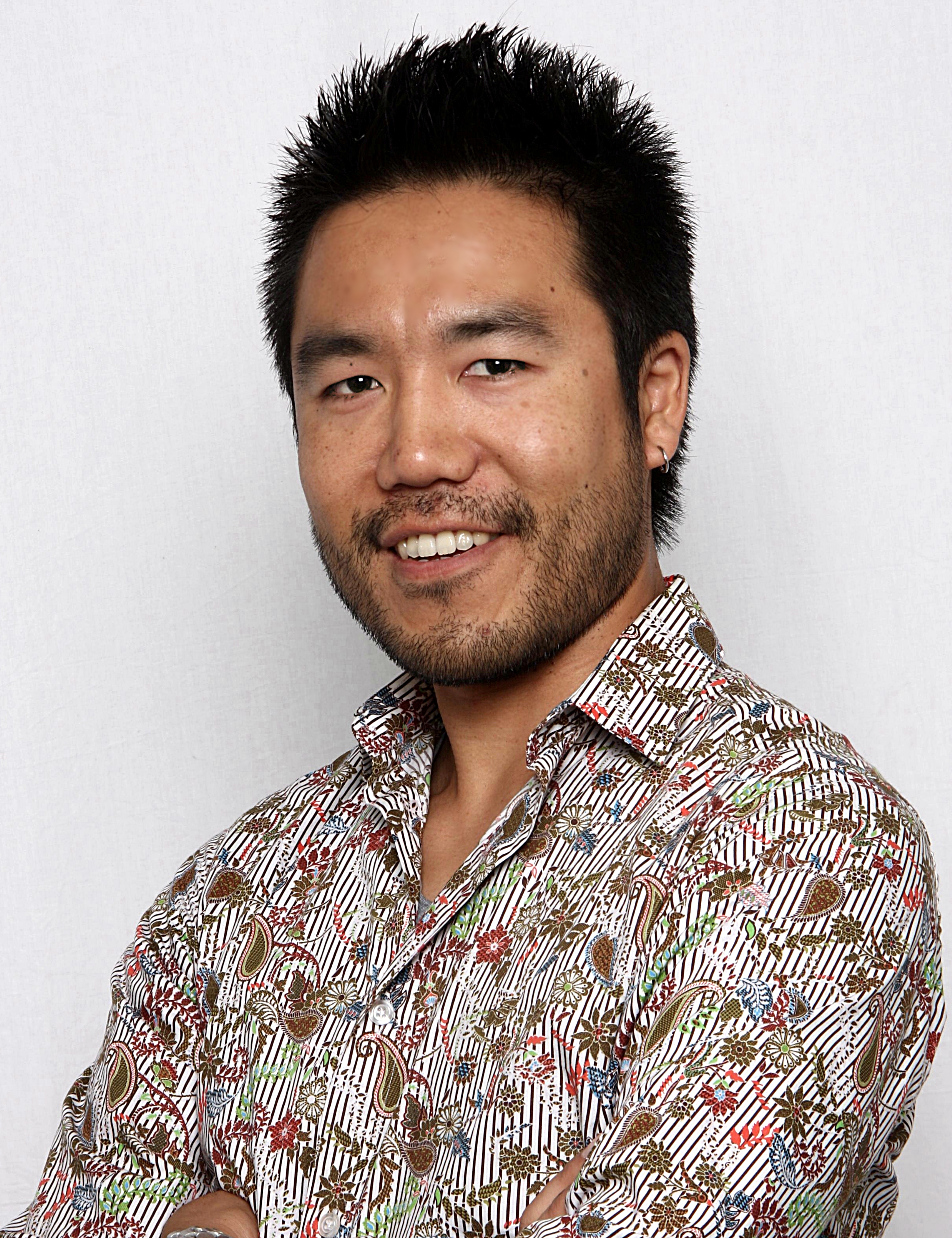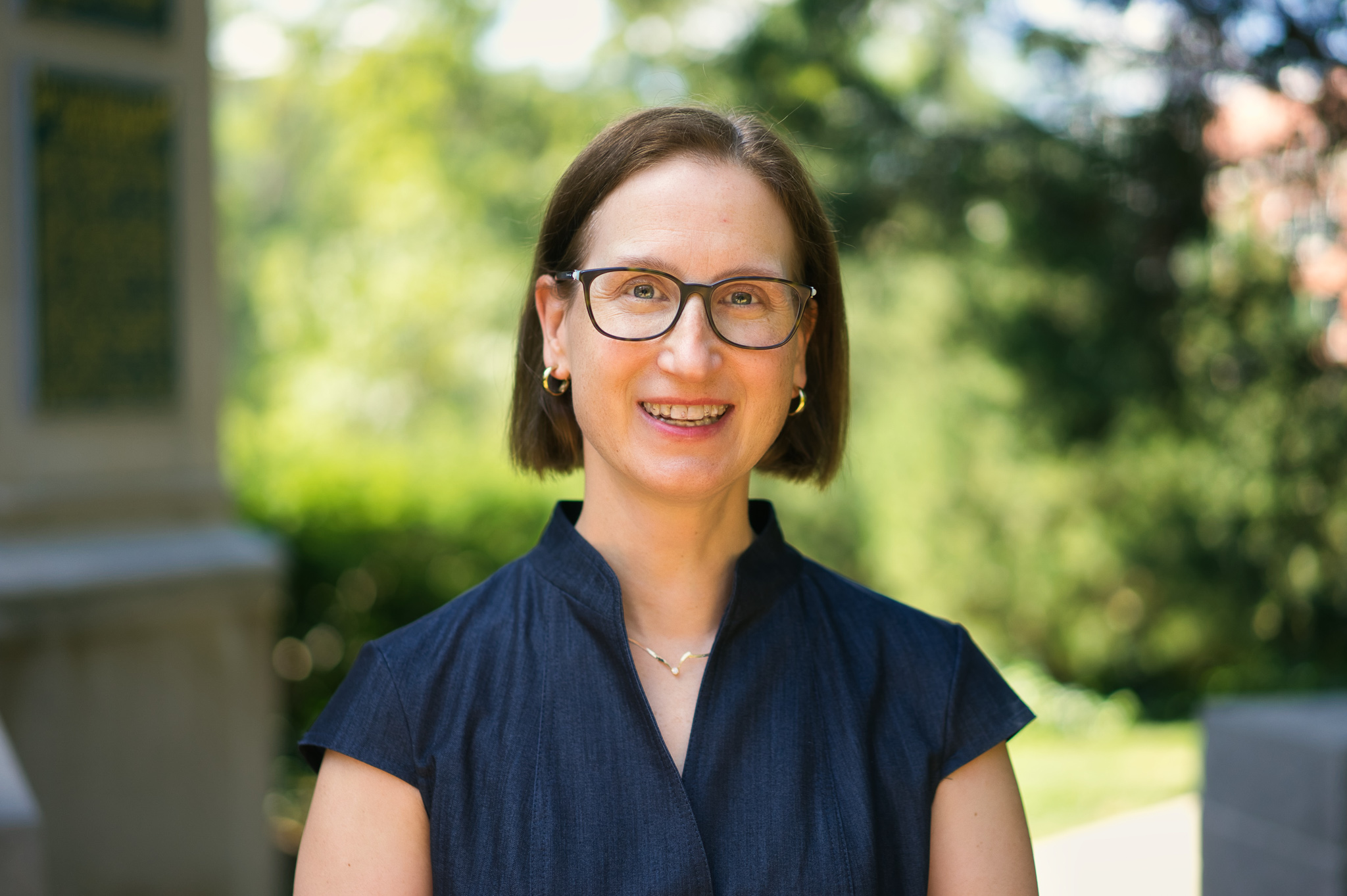 |
|
Beyond “Trans-” Playfulness: “Trans-” Lingual Precarity
Sender Dovchin
Saturday, March 18th 11:20 a.m. - 12:25 p.m.
A current prominent “trans-” strand in applied linguistics has started receiving increasing attention, as it has been discussed in the form of different trans- perspectives such as “translingual practice”, “translanguaging”, “transidioma”, “transglossia” and terms with similar ethos such as “polylingualism”, “metrolingualism” and “linguascapes”. The central tenet of this “trans” trend reiterates the troublesomeness of delineating linguistic topographies through language categories, while advocating for the fluid transitioning between and across languages. The common approach in this “trans-” trend commends the linguistic “playfulness”: that is, when language users are involved with trans- practices, they may often be identified through their interactions and dialogues of “playfulness” (commonly as a euphemism for creativity, innovativeness and fluidity), where one’s repertoire is deeply connected with forms of creative and playful exchanges to create alternative linguistic, cultural and identity versions. Yet, this extensive spectacle of “playfulness” seems to dwell more on conviviality than potential “precarity”, overlooking the fact that “trans-” lingual precarity has arguably always been a generalized condition of human life and norm for most translingual users, who are deeply embedded in local economies of disparity. Not only do we need to understand the precarious forms of labor that constitute an instrument of unequal governance and subjectification among translingual users, but also the fact that precarity directly emerges from the concepts such as “linguistic racism”, “unequal Englishes”, “raciolinguistics’”, “linguicism”, “translingual discrimination” and “accentism”. “Trans-” lingual precarity is the intersectionality of linguistic, cultural, racial and national ideologies and practices that are utilised to conform and normalise an unequal linguistic power between language users. Based on ethnographic study conducted among translingual students and academics from the Global South, I re-visit two key notions that are core to trans- trend: “precarity” and “playfulness”, as they need to be treated with caution, so as not to assume we understand too easily what it is “precarious” or “playful” for whom. The key implication is that the next generation of applied linguists needs to focus more on the precarity of the trans- trend, not just the playfulness. People do the playfulness because they are in a precarious position and this needs to be the focus of future research. The research urges us, as applied linguists, to pragmatically apply our research into real pedagogical actions by revealing the sociolinguistic realities of translingual users to address broader issues of racism, social injustice, language activism, and other human rights issues.
Associate Professor Sender Dovchin is a Director of Research, a Principal Research Fellow and an Australian Research Council Fellow at the School of Education, Curtin University, Australia. Previously, she was an Associate Professor at the University of Aizu, Japan. She is also a Young Scientist Kakenhi Fellow by the Japan Society for the Promotion of Science. Dovchin is an Editor-in-Chief of the Australian Review of Applied Linguistics. She was identified as the “Top Researcher in the field of Language & Linguistics” under The Humanities, Arts & Literature of The Australian's 2021 Research Magazine and Top 250 Researchers in Australia in 2021. Her research pragmatically contributes to the second language education of young generation living in the peripheries, providing a pedagogical view to accommodate the multiple co-existences of linguistic diversity in a globalized world. She has authored numerous articles in international peer-reviewed journals such as Applied Linguistics, Journal of Sociolinguistics, System, TESOL Quarterly, International Journal of Multilingualism, World Englishes, Asian Englishes, English Today, International Journal Bilingualism and Bilingual Education, International Journal of Multilingual Research, Journal of Multicultural Discourses, International Journal Bilingualism, Ethnicities, Multilingua, Linguistics and Education, Inner Asia, Translanguaging and Translation in Multilingual contexts, and among others. She has authored six books with international publishers such as Routledge, Springer, Palgrave Macmillan and Multilingual Matters.
|
|
 |
|
Collaborating with the Colonial Other: Insights from Ontologías y Epistemologías del Sur
Mario Lopez-Gopar
Sunday, March 19th 5:55 p.m. - 7:00 p.m.
In the 16th century at the onset of colonialism in the Americas, the Spanish invaders, influenced by Francisco de Vitoria—the “father” of international rights—“granted” Indigenous groups the status of “people,” maintaining however that Indigenous peoples needed “help” as they were not considered as cognitively developed as the Europeans. This highly discriminatory perspective rendered Indigenous peoples’ ways of being, knowing and languaging (ontologies and epistemologies) as inferior. Currently, this history has not changed much. Indigenous groups and most peoples in the Americas are still being “educated” in schools, “saved” in churches, and “told” what to do and how to be by different institutions or “good people” (e.g., educators and researchers) for whom “collaborating” with the generic them (e.g., students) means at times “helping them,” which in turn recreates the same story. This story I have attempted to resist in my critical-ethnographic-action research project over the last fifteen years. To discuss that research and to problematize my underlying collaboration are the purposes of this presentation. As such, through a decolonial and border-thinking theoretical lens, I reflect on my own positionalities and collaboration with Indigenous peoples (children, young adults, and adults) and Mexican pre-service language teachers in Oaxaca, Mexico. Through multimodal/multilingual stories, which recreate ontologías y epistemologías del Sur and hence provide a window for others to learn, I showcase the voices and faces of the colonial other with whom I have worked and from whom I have learned immensely as an “applied linguist” in terms of language learning/teaching, multiliteracies, assessment, and language-teaching preparation programs. I conclude with a call for respectful, two-way street, and interdisciplinary collaborations where the roles of experts-novices and mentor-mentees are constantly problematized and repositioned, should we want to co-create “ourstory” in the Americas and value other ontologies and epistemologies in order to face current global challenges.
Mario López-Gopar (Ph.D., OISE/University of Toronto) is professor at Universidad Autónoma Benito Juárez de Oaxaca, Mexico. Mario’s main research interest is intercultural and multilingual education of Indigenous peoples in Mexico. He has received over 15 academic awards. His Ph. D. thesis was awarded both the 2009 AERA Second Language Research Dissertation Award and the 2009 OISE Outstanding Thesis of the year award. His articles have appeared in the Journal of Language Education and Identity, Applied Linguistics, ELT Journal, Diaspora, Indigenous and Minority Education, and the International Journal of Multilingualism among others. He has also published numerous book chapters. His latest books are Decolonizing Primary English Language Teaching (Multilingual Matters, 2016) and International Perspectives on Critical Pedagogies in ELT (Palgrave MacMillan, 2019). In 2002, Mario founded BIBLOCA, the first multilingual public children’s library in the state of Oaxaca, Mexico. Since 2018, he has co-facilitated Asociación Mexicana de Evaluación de Lenguas Indígenas with Drs. Jamie Schissel and Constant Leung.
|
|
 |
|
A Collaborative Praxis to Counter Gentrification in Dual Language Bilingual Education
Deborah Palmer
Monday, March 20th 11:20 a.m. - 12:25 p.m.
Research is an iterative, messy, collaborative process. It usually begins with noticing: we discover a problem, or it is brought to our attention by practitioners with whom we collaborate. To better define it, we look to the past and to others who have examined similar problems. Next we endeavor to deepen our understanding of the problem, or to tackle it directly with possible solutions. We collect and analyze data, applying theoretical tools to support our analysis. At a certain point (sometimes in the middle of the process) we present findings, describing to others what we’ve learned…which, more often than not, leads to the identification of new related problems, and the process continues. Ultimately, the purpose of research in applied linguistics is to creatively address a problem, drawing on practice or theory to craft change: to see the world improved because of our efforts. This is research as praxis (Freire, 2000). Throughout this process, we are never alone. We work within systems of people impacted by and impacting our work; these partners, practitioners, colleagues, and contexts are our mentors, as we are theirs. In this talk I will explore the evolution of an idea as it has changed hands from mentors to mentees, from practice to research, and back again: I will track the process of framing and documenting a problem, and exploring possibilities for addressing it, through the collaborations that I have witnessed and experienced. The problem: the neoliberal takeover – the gentrification (Dorner et al., 2021; Valdez et al., 2016) – of bilingual education in the US: i.e., the potentially problematic presence of White and/or middle-class English-speaking children and their families in bilingual schools (Cervantes-Soon, 2014; Palmer, 2009; Valdés, 1997). The idea: critical consciousness, praxis, reflection/action for transformation for all who are part of bilingual schools, in order to center and celebrate the identities, strengths and educational interests of linguistically and racially marginalized students and families in bilingual schools (Bartolomé, 1994; Freire, 2019) Heiman, et al., under review). As this idea takes off running in the field of bilingual education, I will highlight the work of emerging scholars who are moving us forward and taking it in new directions (e.g., Babino & Stewart, 2018; Chávez-Moreno, 2021; Heiman & Yanes, 2018; Martinez Negrette, 2021).
Deborah Palmer is Professor of Equity, Bilingualism and Biliteracy in the School of Education at the University of Colorado Boulder, where she is also affiliate faculty in the Department of Ethnic Studies and the Culture, Language and Social Practice (CLASP) Program, and a faculty associate with the BUENO Center for Multicultural Education. A former dual language bilingual teacher in California and bilingual teacher educator in Texas, she is a qualitative researcher who conducts critical ethnography and discourse analysis in bilingual and multilingual classrooms. Her interests include bilingual education policy and politics; dual language bilingual education; teacher preparation for linguistically/culturally diverse teaching contexts; teacher advocacy and activism; and issues of language, power and identity in schools. Her 2018 book "Teacher Leadership for Social Change in Bilingual/Bicultural Education” was published with Multilingual Matters. With close colleagues and former students, she is currently co-editing a volume for Routledge titled “Critical Consciousness in Dual Language Bilingual Education: Case Studies on Policy and Practice” and co-authoring a book for Lexington Books titled “Gentrification and bilingual education: A Texas TWBE school across seven years.” Recent articles have appeared in Theory Into Practice, Review of Research in Education, Language Policy, Education Policy Analysis Archives, the Journal of Language, Identity and Education, and the International Journal of Bilingual Education and Bilingualism.
|
|
|
 |
|
Quality in quantity: Methodological reform as an intellectual and ethical imperative
Luke Plonsky
Monday, March 20th 5:55 p.m. - 7:00 p.m.
Applied linguistics has made great methodological strides in recent years (see Gass et al., 2021). Indeed, a growing body of methodological syntheses have demonstrated real and measurable improvements in the way we construct new knowledge (e.g., Plonsky, 2014; Sudina, 2021). Other advances are evident, for example, in (a) the launching of the Research Methods in Applied Linguistics journal (edited by Shaofeng Li), (b) the push toward open science and replication research (e.g., Marsden et al., 2018; Porte & McManus, 2019), (c) the introduction and uptake of novel statistical techniques such as Bayesian data analysis and structural equation modeling (e.g., Larsson et al., 2021; Norouzian et al., 2018), (d) a sustained interest in methodological training (e.g., Gönülal, 2019; Loewen et al., 2020), and (e) a recasting of methodological (mis)practices through the lens of research ethics (De Costa et al., 2021; Isbell et al., in press; Ortega, 2005). Such advances—touching virtually all aspects of the research cycle—should be recognized and celebrated, and I intend to do so in this talk. However, the systematic and empirical scrutiny that has catalyzed this movement has also unveiled a wide range of problems that call into question the very core of our discipline. Particularly problematic in my view are many of our quantitative practices, ranging from sampling and instrumentation to conventions for data analysis, reporting, and interpretation. I will argue in this talk that continuing to overlook such issues—whether due to a lack of training, sloppiness, convention, self-serving interests, or ignorance—is not only intellectually irresponsible but unethical. More bluntly, if we don’t hold ourselves accountable with respect to study quality, then what’s the point? I will also put forth a series of pointed and actionable recommendations meant to spur improved methodological practices and, ultimately, more effective and efficient progress in applied linguistics.
Luke Plonsky is Associate Professor of Applied Linguistics at Northern Arizona University, where he teaches courses in second language acquisition and research methods. His work in these and other areas appears in over 100 articles, book chapters, and books. The bulk of these efforts are part of an agenda that seeks to improve and advance the methodological capability of the field. Luke is Senior Associate Editor of Studies in Second Language Acquisition, Managing Editor of Foreign Language Annals, and he serves on the editorial boards of several other journals such as Language Teaching, Research Methods in Applied Linguistics, and Learning and Individual Differences. He is also Co-Editor of de Gruyter Mouton's Series on Language Acquisition and Co-Director of the IRIS repository for instruments in language learning and teaching (iris-database.org). Luke held previous faculty appointments at Georgetown University and University College London. He has also lectured in China, Japan, The Netherlands, Poland, Spain, and Puerto Rico. Luke received his PhD in Second Language Studies from Michigan State University in 2011.
|
|
 |
|
Navigating the research-practice relationship: Professional goals and constraints
Masatoshi Sato
Sunday, March 19th 11:20 a.m. - 12:25 p.m.
Education researchers often have two conflicting professional missions. First, they work to advance our understanding of how learning happens, and how it can be facilitated. ISLA research has much to contribute to this mission. Second, researchers aim to “make a change” in educational practices. However, researchers tend to assume that the second mission is embedded in the first mission. But, is it really? Is an effort to increase the quality of research—with a hope to impact practice—sufficient for teachers to use research? While researchers have been concerned about the limited use of research in practice for decades, the so-called research-practice gap persists. In this talk, I will first provide an overview of the research-practice relationship as a research topic and current efforts to increase the use of research in the classroom. I will then explore key questions that may change the dialogue between researchers and teachers, such as: (a) Is it teachers’ responsibility to incorporate research in their teaching?; (b) Is it teachers or researchers who want to see research used in the classroom and why?; and, more fundamentally, (c) Is it helpful to consider researchers and teachers as belonging to two separate professional communities? As a mid-career researcher, I will share my daily struggles to balance the two missions and propose potential directions in which researchers and teachers mutually benefit from a collaborative dialogue.
Masatoshi Sato is a Professor at Universidad Andrés Bello, Chile. He is a lifelong L2 learner. He has taught English and Japanese in Japan, US, Chile, and Canada. His research agenda is to conduct theoretical and applied research in order to facilitate the dialogue between practitioners and researchers. His research topics include instructed second language acquisition, peer interaction, corrective feedback, metacognition, learner psychology, teacher psychology, the research-practice relationship, and race. In addition to his publications in international journals, he has co-edited volumes from John Benjamins (Peer Interaction and Second Language Learning, 2016 with Susan Ballinger), Routledge (The Routledge Handbook of Instructed Second Language Acquisition, 2017; Evidence-Based Second Language Pedagogy, 2019 with Shawn Loewen), Language Teaching Research (Learner Psychology and Instructed Second Language Acquisition, 2021 with Kata Csizér), and the Modern Language Journal (Connecting second language research and pedagogy, 2022 with Shawn Loewen). A textbook with Shawn Loewen from Cambridge University Press will be published in 2023 (A practical guide to second language learning and teaching). He is the recipient of the 2014 ACTFL/MLJ Paul Pimsleur Award. He is currently the Editor of Language Awareness.
|
|
 |
|
Opening language testing and our minds to fuller transparency
Paula Winke
Saturday, March 18th 5:55 p.m. - 7:00 p.m.
In language assessment work, there is a lot of human judgement involved by test development teams. They brainstorm and design surveys and interview protocols to outline the constructs that need to be covered by a new test. They imagine what test takers should be able to do in the language when they write the test items. They think of the “just-barely able” or border-line test taker to set cut points on tests and to relate test scores to educational or national standards. And language testers use their judgement when deciding, psychometrically, which statistical approaches and analyses should be used to provide evidence regarding for what a test’s scores can be justifiably used. Additionally, language testers quickly learn they need to document and acknowledge measurement error, and render it as small and as transparent as possible, so people can trust score-interpretations. A big question is, how do language testing students and novice researchers get mentored in all of this? Everyone is a test designer or test user in applied linguistics, but sometimes it is hard to report on the human decisions and the psychometrics involved. How can we push for, strive for, and achieve understanding and full transparency within the field? In this talk, I showcase six steps I have taken to mentor the field toward fuller transparency in language testing. The first method I employed recently with my Language Testing co-editor Luke Harding and our Editorial Assistant (and graduate student) Dylan Burton, and it was a top-down approach: We expanded the submission categories within the journal of Language Testing to better match open science practices and to open the door to newer submission types embraced in the larger science fields (e.g., meta analyses, systematic reviews). Our journal-expansion efforts resulted in more inclusion pathways, and we now also acknowledge good mentoring through a new “Reviewer of the Year Award.” Second, we adapted the scope of the journal to make it less restrictive, opening the door to replications and the publishing of studies based on borrowed or pre-existing data. Third and more locally, I ask my students to be more transparent and agentful in authoring, and to report more explicitly who did what, when, and why in the research methods and analyses. Forth, I ask students to find the untested claims in language testing, and to conduct research to uncover evidence for or against those claims. Fifth, we borrow tools from psycholinguistics to uncover the cognitive processes that test takers undertake when completing language testing tasks, and we see if those processes were expected by the test designers. And sixth and finally, we use large data sets to challenge long-standing, yet untested, theories in L2 assessment, but we also use qualitative methods to understand the stories behind language test takers' lived experiences. Throughout this presentation, I showcase the work of my current and former students. I demonstrate how internships, grants, cooperative projects, and data borrowings and loans contribute to research expansions and the building of new, wide-open horizons in language testing.
Paula Winke is a Professor in the Department of Linguistics, Languages, & Cultures at Michigan State University, where she is the Director of the Second Language Studies Ph.D. Program. She is co-editor (with Luke Harding) of the international journal Language Testing and on the Editorial Board of the Modern Language Journal. She is currently serving as an external member on the U.S. Foreign Service Institute’s "Task Force for the Future of Language Testing," which is working to reform the FSI's language testing programs based on recommendations from a National Academy of Sciences consensus report (National Academies Press, 2020), of which Dr. Winke is a co-author. Her recent books are The Routledge Handbook of Second Language Acquisition and Language Testing (2021, co-edited with Tineke Brunfaut), and Foreign Language Proficiency in Higher Education (2019, co-edited with Susan M. Gass). Dr. Winke won the research article of the year award from the Computer-Assisted Language Instruction Consortium (CALICO) Journal (2008, with Senta Goertler), the TESOL International Association (2012), and the American Association of Applied Linguistics (2020, with graduate students and former students). In 2021, she won the Paul Pimsleur Award for Research in World Language Education with her former graduate student Xiaowan Zhang and Shaunna Clark. Currently at Michigan State University, Dr. Winke teaches Language Testing Methods and Individual Differences in Second Language Acquisition. She also co-directs (with Aline Godfroid) MSU’s Eye-tracking Labs, and directs the MSU Second Language Acquisition Knowledge and Production Lab.
|